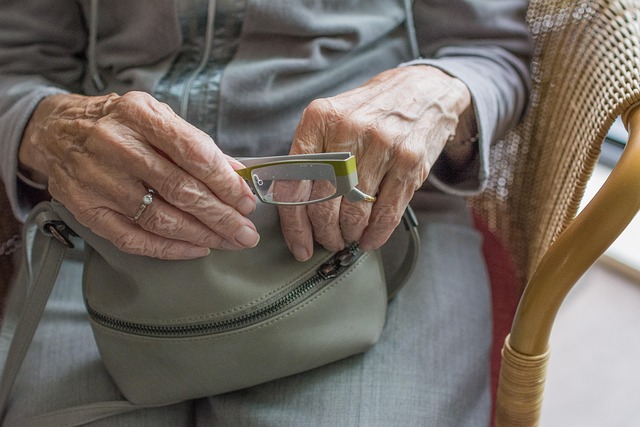Meal preparation is a key tool for improving the lives of elderly individuals living alone, addressing physical decline and loneliness. Elderly Companion Services play a vital role by offering tailored meal prep, ensuring seniors eat well-balanced diets. Regular meals encourage routines beneficial for cognitive function, combat loneliness, and foster social connections, making companionship an essential aspect of elderly care. These services transform solitary meal preparation into a meaningful experience, providing culinary assistance and vital companionship to address social isolation. By fostering community and well-being during mealtimes, Elderly Companion Services enhance the quality of life for elderly individuals facing meal prep challenges.
Meal preparation and companionship are vital aspects of enhancing the quality of life, particularly for elderly individuals. In this article, we explore three key sections: The Benefits of Meal Preparation for Elderly Individuals, How Companion Services Enhance the Dining Experience, and Building Social Connections through Shared Meals. Discover how tailored meal plans and human interaction can improve nutrition, combat loneliness, and foster a sense of community among seniors, with a special focus on the role of Elderly Companion Services.
- The Benefits of Meal Preparation for Elderly Individuals
- How Companion Services Enhance the Dining Experience
- Building Social Connections through Shared Meals
The Benefits of Meal Preparation for Elderly Individuals

Meal preparation is a simple yet powerful tool for improving the lives of elderly individuals, especially those living alone. As people age, their physical abilities and mobility may decline, leading to reduced access to nutritious meals. This is where Elderly Companion Services step in as a vital support system. By offering meal preparation services, companions ensure that seniors receive well-balanced, wholesome food, tailored to their dietary needs and preferences.
Regular meal preparation has numerous advantages for elderly folks’ physical and mental health. It encourages a consistent routine, which can help maintain cognitive function and provide a sense of structure to their day. Moreover, sharing meals is a social activity that combats loneliness, one of the most significant challenges faced by the aging population. Companions can engage in conversations while cooking or eating together, fostering meaningful connections and providing companionship, an essential aspect of elderly care.
How Companion Services Enhance the Dining Experience

Meal preparation is a significant aspect of daily life, and for the elderly, it can often become a solitary affair. However, Elderly Companion Services step in to transform this routine into a meaningful experience. These services offer not just assistance in cooking and meal times but also companionship, addressing a crucial need for social interaction among the aging population. By having a companion during meals, seniors feel less isolated, fostering a sense of community and well-being.
The presence of a caring individual can make mealtimes more enjoyable and stimulating. Companions can engage in conversations, share stories, or even assist in meal planning, ensuring nutritious and appealing dishes. This personalized touch enhances the overall dining experience, encouraging a healthier relationship with food. Moreover, these services provide a valuable support system for elderly individuals who may face challenges in preparing meals alone, contributing to their overall quality of life.
Building Social Connections through Shared Meals

Meal preparation is more than just sustaining life; it’s an opportunity for social connection and building bridges between people, especially for the elderly. In today’s fast-paced world, where schedules are packed and families often live far apart, shared meals can be a rare and precious moment of companionship. Elderly Companion Services recognize this need for human interaction and create opportunities for meaningful relationships to form over food. Whether it’s a daily meal or a special occasion, sharing a table together fosters a sense of community and belonging.
The act of preparing and enjoying a meal together goes beyond nutrition; it encourages conversation, shares stories, and creates a safe space for social engagement. For the elderly, this can combat feelings of isolation and loneliness, offering not just a delicious meal but also a chance to reconnect with others and build or rekindle friendships.
Meal preparation and companionship are invaluable assets for elderly individuals, offering not just physical nourishment but also significant social and emotional benefits. By leveraging Elderly Companion Services, we can enhance the dining experience, fostering meaningful connections and improving overall well-being. Shared meals become more than sustenance; they become moments of connection, comfort, and community.














